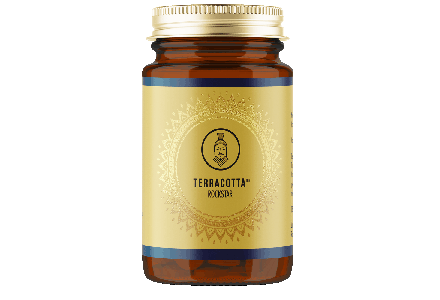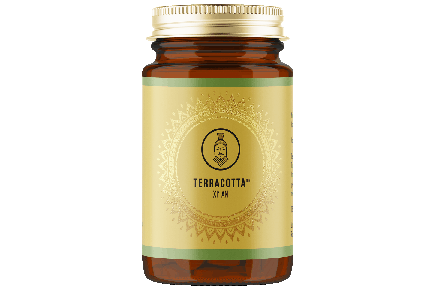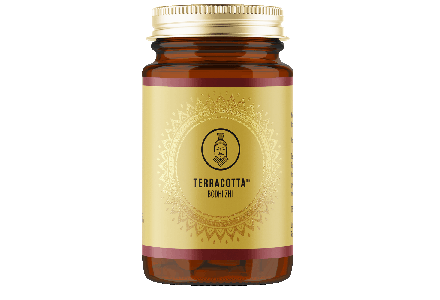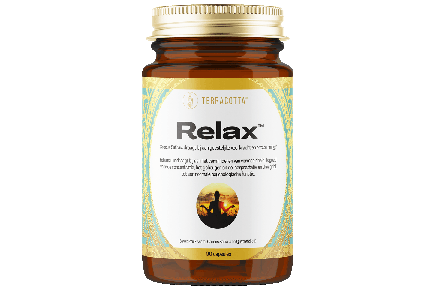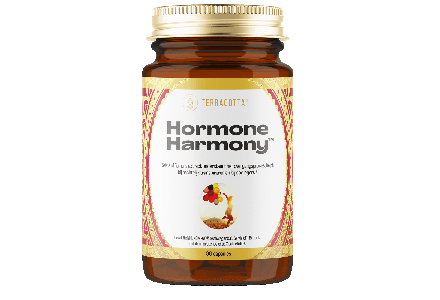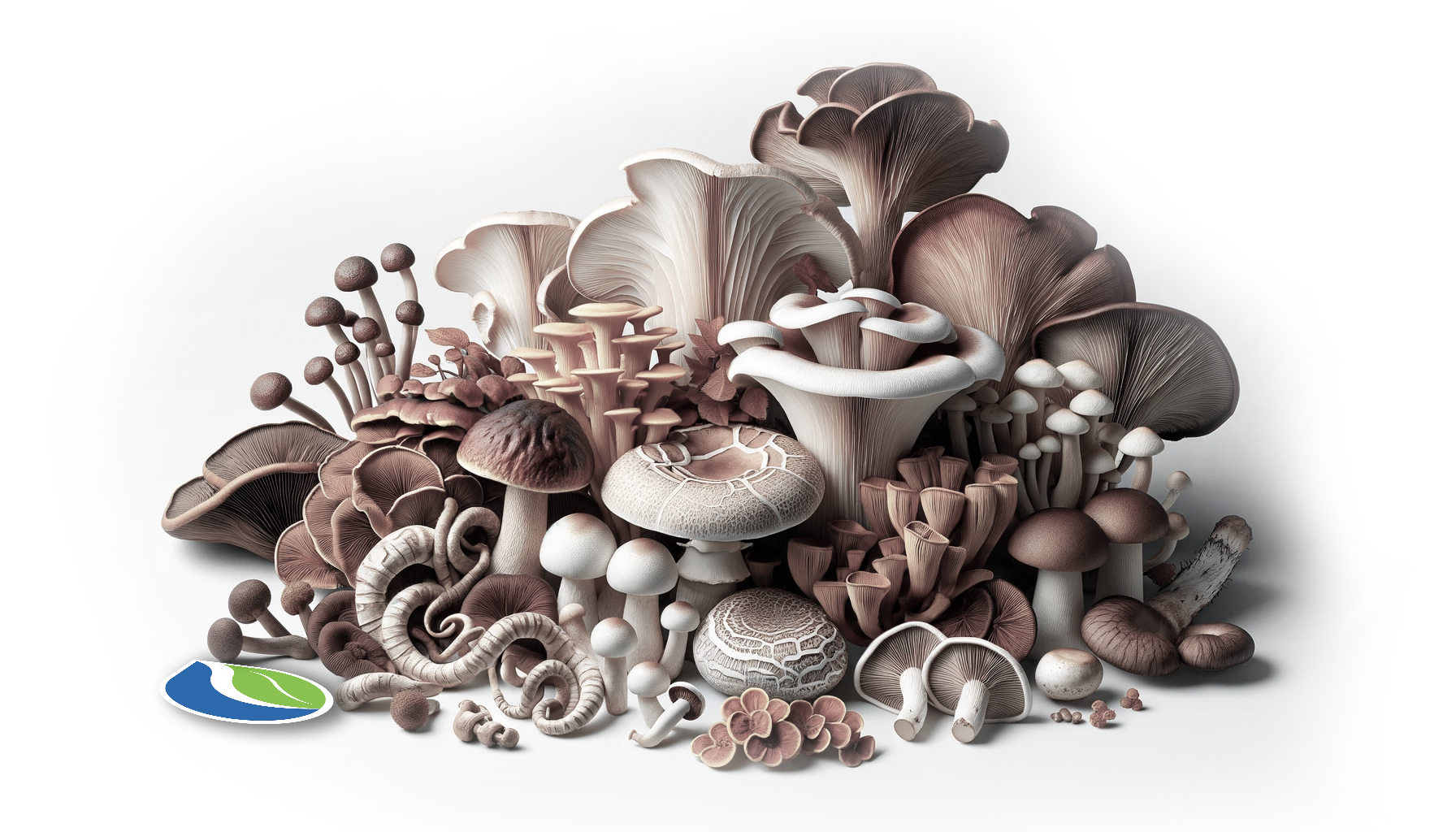
Medicinal mushrooms have played an intriguing role in the traditional medicine of various cultures around the world over the centuries. While their medicinal properties and benefits have often been well-kept secrets, it is now time to unravel the mystery and take an in-depth look at the use of medicinal mushrooms for wellness and health. In this blog titled "The Secret of the Mushroom", we will discuss why we are allowed to share so little about medicinal mushrooms, what we can share and which medicinal mushrooms we all use in our products. Let's get started!
Why are we allowed to share so little about Medicinal Mushrooms?
It is no secret that medicinal mushrooms have been used for centuries for their potentially medicinal properties. However, for various reasons, they are often surrounded by secrecy and discretion.
- Cultural Traditions: Much of the knowledge about medicinal mushrooms is rooted in the traditional medicine of various cultures, such as Traditional Chinese Medicine (TCM) and Ayurveda. These cultures have kept their secrets and passed them down from generation to generation.
- Ignorance and Prejudice: Western societies have long been sceptical of natural remedies and alternative medicine. As a result, less attention has been paid to the potential benefits of medicinal mushrooms.
- Limited Research Funding: Compared to pharmaceutical companies, medicinal mushroom research often receives less funding, resulting in less scientific evidence available.
- Complexity of Mushroom Chemistry: Medicinal mushrooms contain a range of bioactive compounds, including polysaccharides, triterpenes and more. Understanding this complex chemistry requires in-depth research.
Regulatory and Commercial Interests: Regulations on dietary supplements and medicines can vary from country to country. This affects the availability and use of medicinal mushrooms.
What are we allowed to say about Medicinal Mushrooms?
Although there are restrictions on discussing medicinal mushrooms, there are still many valuable aspects we can share. Here are some of the key points we can highlight:
- Historical Use: Medicinal mushrooms have a rich history of use in traditional medicine. This includes Traditional Chinese Medicine (TCM), in which several mushrooms are considered very valuable.
- Nutritional value: Mushrooms contain a variety of nutrients, including vitamins, minerals and fibre. They can be a valuable addition to a balanced diet.
- Potential Health Benefits: Although more research is needed, studies indicate the potential health benefits of medicinal mushrooms.
- Applications in Supplements: Medicinal mushrooms are increasingly being used as ingredients in dietary supplements and tinctures.
Now that we have established the context, let's take a closer look at some of the most prized medicinal mushrooms and their potential benefits.
Which Medicinal Mushrooms will we all use in our products?
Chaga - The King of Mushrooms
Chaga, also known as Inonotus Obliquus, is considered the "gift from God" in China and the "king of herbs" in Traditional Chinese Medicine. Its use dates back thousands of years. Chaga's properties are impressive, with an ORAC score of 365.570. It contains a wealth of nutrients, including vitamins, minerals, phenols, B-complex, beta-glucans and much more, which you could delve into.
Lion's Mane - The Mushroom of the Mind
Lion's Mane, with its distinctive white, downy tentacles, is prized in regions where traditional herbal medicine recognises cognitive support. Harvesting Lion's Mane requires careful attention, and it is dried and ground into powder or infused to unlock its benefits. The addition of vitamin B12 makes it a potent blend for wellbeing and health.
Poria - The Fungus of the Soul
Poria Cocos, known as "Fuling", has been used in traditional Chinese herbalism for more than 2,000 years. It contains a wide range of nutrients and active substances, including polysaccharides, ergosterol, choline, minerals and more.
Reishi - The Mushroom of Immortality
Reishi, also known as Ganoderma Lucidum, is known as the "herb of spiritual power" and has been used in China for more than 4,000 years. It contains important compounds such as polysaccharides, vitamins, triterpenes and other very interesting substances.
Cordyceps - The Energiser
Ophiocordyceps, a fungus used as an herb in the mountainous regions of Nepal and Tibet, has a history in Traditional Chinese Medicine. Cordyceps contains cordycepin, polysaccharides, ergosterol and more, and is known for its energising properties.
Agaricus Blazei - The Brazilian Miracle Mushroom
Agaricus Blazei, also called "Cogumelo de Deus", is found in Brazil and cultivated in Japan. It has a slight sweet taste and a slight almond smell, and is valued for its potential health benefits.
Maitake - The Dancing Mushroom
Maitake, with its unique appearance and rich traditions, has been consumed in China and Japan for 3,000 years. It contains Maitake beta-glucan MD-Fraction and prolylaminopeptidase, and is used in TCM herbalism.
Turkey Tail - the Elf Bench
Turkey Tail, Coriolus versicolor, is widely used and contains Polysaccharide Krestin® (PSK). In Japan, PSK is registered as a natural alternative medicine for chemotherapy.
Lentinan Shiitake - The Powerful One
Lentinan Shiitake, derived from the Shiitake mushroom, contains lentinan, which is used in many ways.
Meditech Europe is ready to advise and guide you in exploring the world of mushroom products and their potential benefits. Our Orthomolecular Therapist, Cynthia, will be happy to speak to you and understudy you in this quest. You can contact us at info@meditecheurope.nl or +31527 292 331.
Conclusion
Medicinal mushrooms are a fascinating subject with a rich history and promising health benefits. While there are limitations on information dissemination, it is important to create awareness about the potency of these natural resources. We hope this blog has helped you gain a better understanding of medicinal mushrooms and their impact on wellness and health. Stay curious and keep exploring!
